 New media, particularly social media, have become instrumental in political elections and campaigns today. Politics has changed dramatically over the past couple of decades, partly due to the continuously emerging forms of communication. The field of political communications combines different elements of political science, communication, cultural studies, media, and psychology, and has been established at Bournemouth University since 2002.
New media, particularly social media, have become instrumental in political elections and campaigns today. Politics has changed dramatically over the past couple of decades, partly due to the continuously emerging forms of communication. The field of political communications combines different elements of political science, communication, cultural studies, media, and psychology, and has been established at Bournemouth University since 2002.
The Centre for Politics and Media Research at BU focuses upon the soft power exerted through political campaign communication and its impact upon society and the citizen, the social and cultural frameworks which shape ideology and the collective psychology of publics, and the psychology of political violence. BU academics Professor Barry Richards, Professor Candida Yates and the Director of the Centre, Dr Darren Lilleker, have different research backgrounds within media, advertising, cultural and communication studies and psychology.
“I’ve always been interested in the relationships between politics, emotion, culture and society” explains Professor Yates, “my Doctoral research focused in particular on the cultural politics of emotion, film and masculinity in crisis. From there, I began to look more widely at the ways in which different emotions are shaped, experienced and communicated in politics, culture and society.”
Throughout the 1990s, political communication in Britain and elsewhere underwent a huge change which is often associated with Tony Blair’s New Labour government with its use of spin doctors and mediatised news management. There was also a significant increase in news media competition and advances in technology that seemed to provide citizens with a sense of choice and control over media consumption, although this sense of empowerment with regards to social media is now often questioned and problematized.
“I turned my attention away from the study of masculinity in film and instead turned to the analysis of political communication and the culture of politics more widely; I analysed the fantasies and feelings that emerged in relation to some key political figures at the time and how those psycho-political formations relate to the ways in which we engage with and emotionally invest in politics,” says Professor Yates.
“People thought of spin as this manipulative, domineering process that was all about bringing the techniques of marketing into politics in a bad way,” says Professor Richards. “However, I thought that there was something potentially more positive in this shift in political communication, and so the arrival of spin and political marketing increased my interest in electoral politics.”
Throughout this time, mainland Britain was also facing political violence and terrorism.
“In the 1970s and 1980s, it was almost exclusively Irish Republican terrorism, and then in the late 1990s and early 2000s we had the arrival of Islamist terrorism across the world,” explains Professor Richards. “I had always been interested in terrorism: the impact it has on the British public and the psychology of how people could come to carry out attacks.”
These years showed a huge shift in global politics. With this, political communication started to become more and more promotional, and celebrity culture began to infiltrate politics.
“There was a dominant set of ideas by the government at the time and then there were other marginal ideas that didn’t get voiced,” explains Dr Lilleker. “When I started doing my research, what interested me was how politicians developed ideologies, how they were sold and then understood by citizens.”
With the introduction of social media in the early 2000s, the hegemony of the mass media was challenged and political communication changed dramatically. The prevalence of social media in politics has made parties and officials more accessible and accountable to citizens. “Now, citizens can react immediately to an event and they can even influence what’s being said by using social media to come together to form a mass,” explains Dr Lilleker.
With evolutionary changes such as new media and globalisation shaping politics, political communication is clearly evolving rapidly and becoming increasingly important. Future research within the Centre for Politics and Media Research will include looking further into the psycho-dynamics of contemporary political culture, the marketization of political discourse and campaigning, and comparative politics.
“I am now looking at the role of empathy in relation to the current political, social and cultural landscape of Brexit and its aftermath, which is very polarised” says Professor Yates. “I’m interested in how empathy can emerge in groups and whether there is a way that we can actually help to facilitate it as a way to encourage constructive rather than destructive debate.”
“I’m embarking on some research into national identity and its relationship to the needs for safety and for dignity, which I think are major drivers of our experience and action as citizens. The starting point is how much do people think of themselves as having a national identity these days. This is a very rich psychological area as well as an important political issue,” says Professor Richards.
Meanwhile, Dr Lilleker is concerned with the dangers of social media and the misleading and fake news that is shared and consumed by millions. In the light of recent revelations about the use of data from social media sites, such as Facebook, this has perhaps never been so important.
“Media literacy has never really been taught but I think now it’s crucial to understand what’s happening on social media, especially for young people who should be educated on this issue.”
“At BU, there are a few of us now who look into the structures of feeling and emotions that underpin politics as it represented, communicated and experienced ,” says Professor Yates. “We want to develop that field to become a centre of excellence.”
To keep up with the latest news from the Centre for Politics and Media Research, visit www.bournemouth.ac.uk/pmg
This article was featured in the 2018 Bournemouth Research Chronicle. To see the magazine in full, click here or pick up a copy in Poole House or Studland House reception.




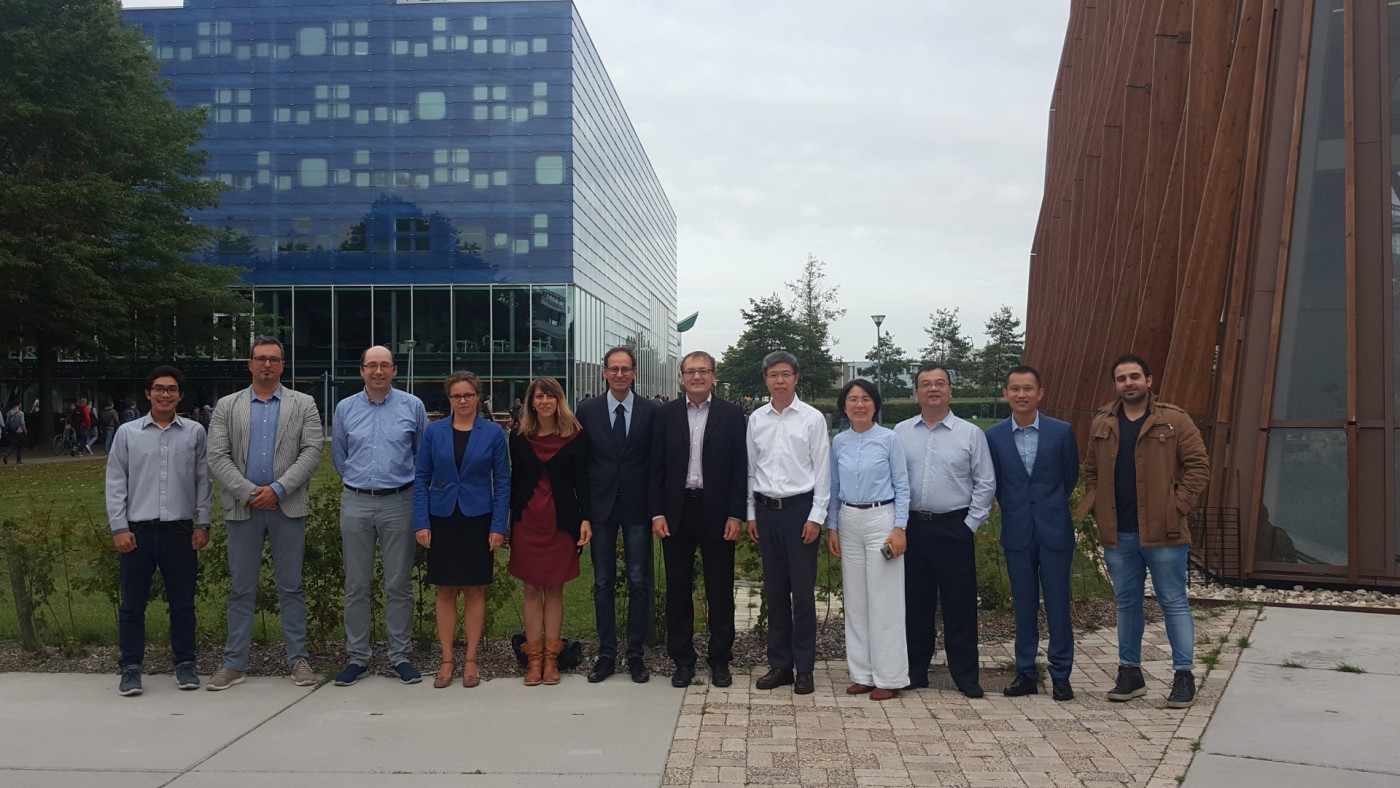
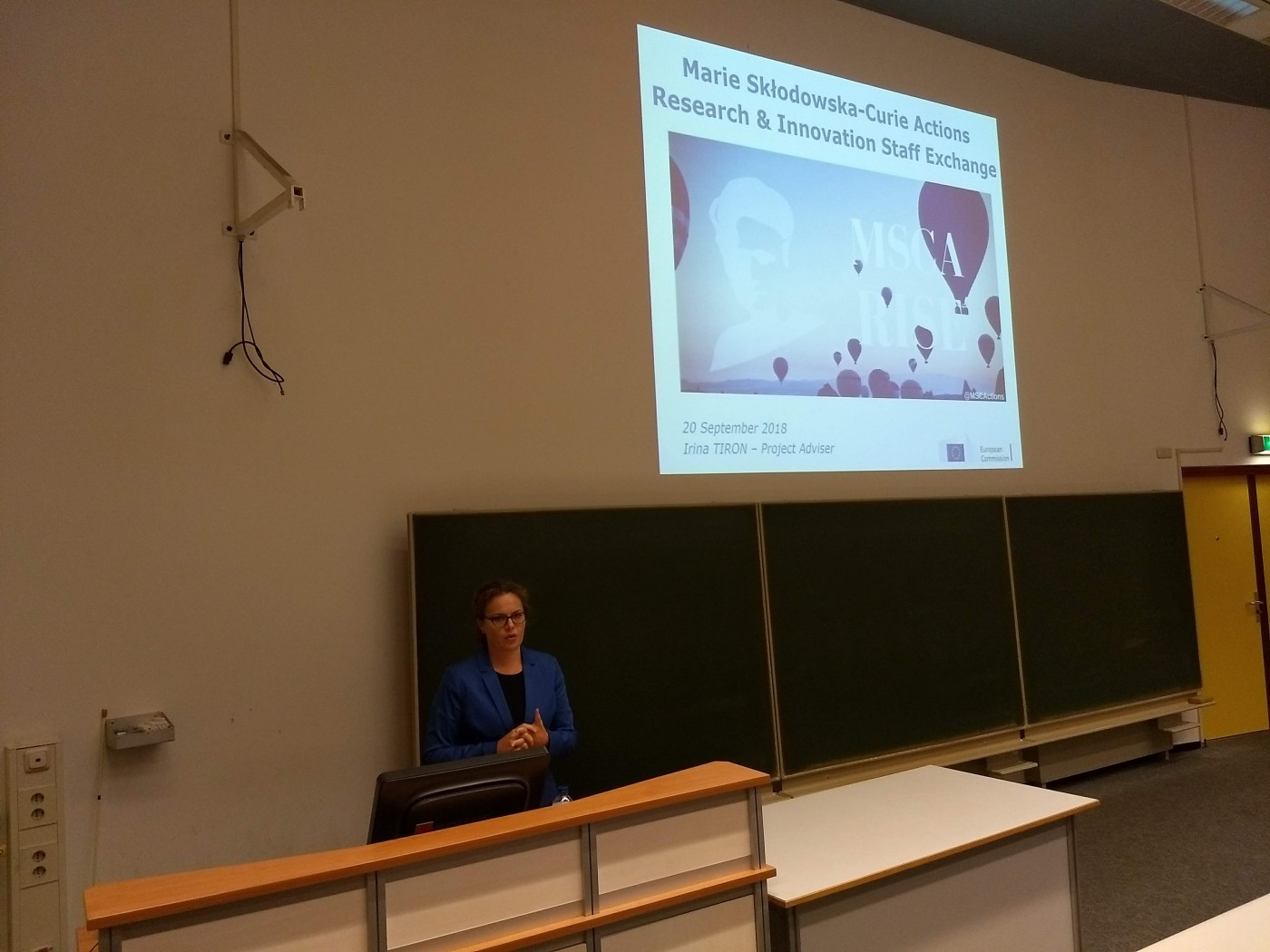
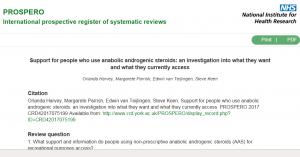
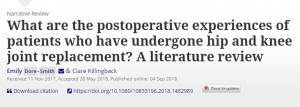
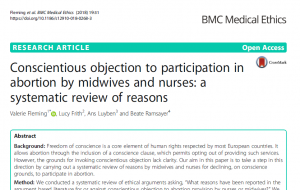
 I hope you have enjoyed discovering more about the exciting and diverse research that has been undertaken at Bournemouth University (BU) over the last twenty five years. For me, the thread that runs through each of these research journeys is working with and making a difference to the world outside academia. From influencing midwifery practice, to helping the police and security forces make us safer, to working with governments around the world to improve their response to natural disasters, researchers at BU have long been exploring ways for their research to benefit others.
I hope you have enjoyed discovering more about the exciting and diverse research that has been undertaken at Bournemouth University (BU) over the last twenty five years. For me, the thread that runs through each of these research journeys is working with and making a difference to the world outside academia. From influencing midwifery practice, to helping the police and security forces make us safer, to working with governments around the world to improve their response to natural disasters, researchers at BU have long been exploring ways for their research to benefit others.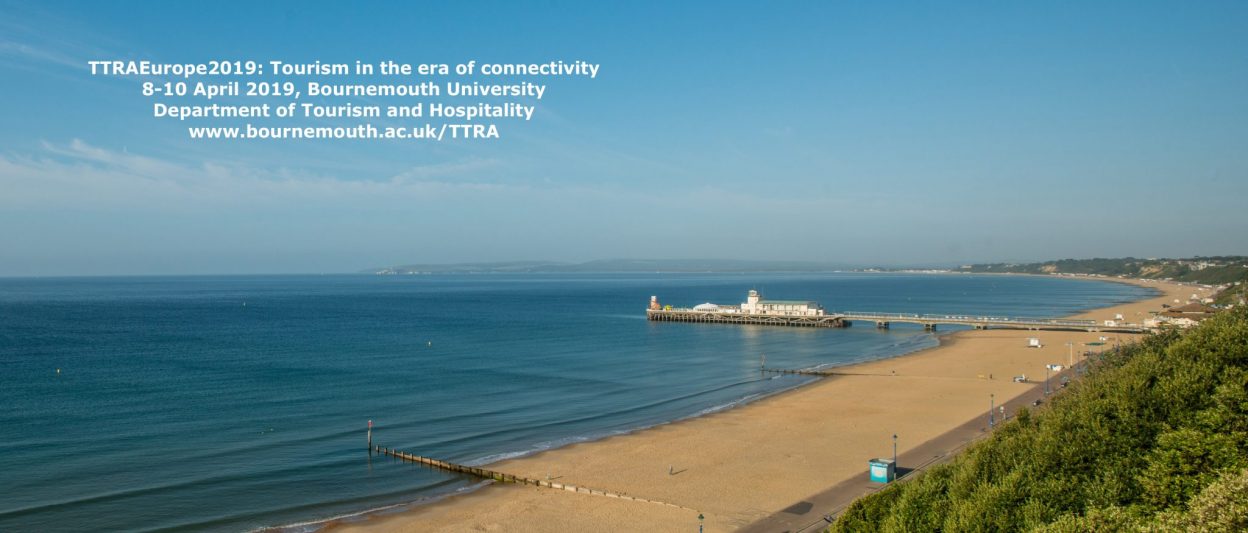
 New media, particularly social media, have become instrumental in political elections and campaigns today. Politics has changed dramatically over the past couple of decades, partly due to the continuously emerging forms of communication. The field of political communications combines different elements of political science, communication, cultural studies, media, and psychology, and has been established at Bournemouth University since 2002.
New media, particularly social media, have become instrumental in political elections and campaigns today. Politics has changed dramatically over the past couple of decades, partly due to the continuously emerging forms of communication. The field of political communications combines different elements of political science, communication, cultural studies, media, and psychology, and has been established at Bournemouth University since 2002.


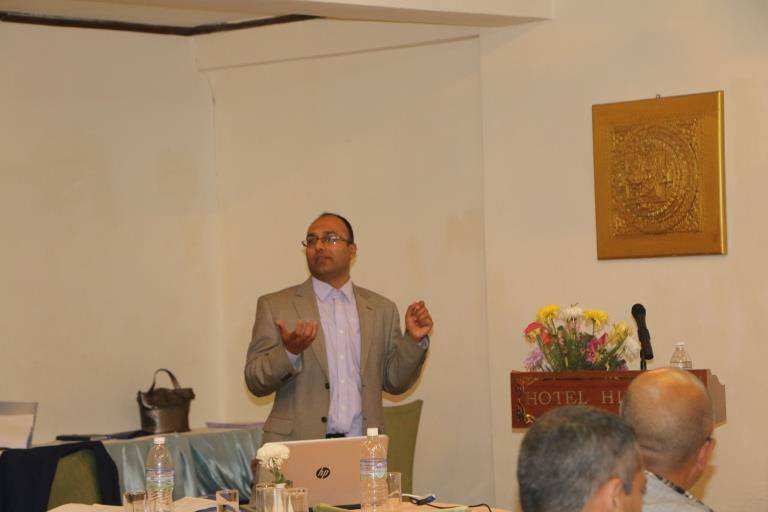


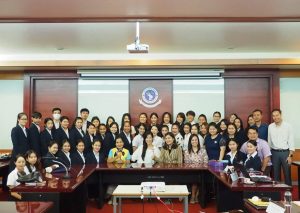
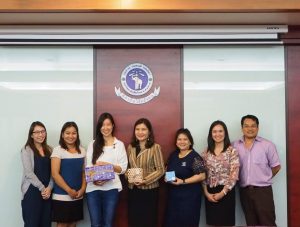
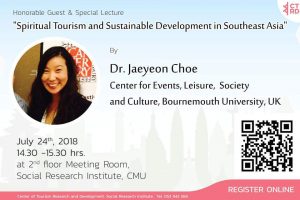
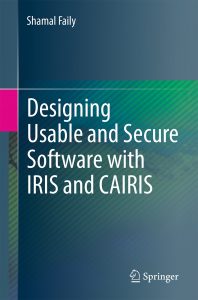











 Academics write for newspaper in Nepal
Academics write for newspaper in Nepal New paper published on disability in women & girls
New paper published on disability in women & girls Global Consortium for Public Health Research 2025
Global Consortium for Public Health Research 2025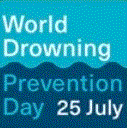 World Drowning Prevention Day at BU
World Drowning Prevention Day at BU Contribute to the HE-BCI survey by sharing your involvement in BU’s social, community & cultural events
Contribute to the HE-BCI survey by sharing your involvement in BU’s social, community & cultural events MSCA Postdoctoral Fellowships 2025 Call
MSCA Postdoctoral Fellowships 2025 Call ERC Advanced Grant 2025 Webinar
ERC Advanced Grant 2025 Webinar Horizon Europe Work Programme 2025 Published
Horizon Europe Work Programme 2025 Published Horizon Europe 2025 Work Programme pre-Published
Horizon Europe 2025 Work Programme pre-Published Update on UKRO services
Update on UKRO services European research project exploring use of ‘virtual twins’ to better manage metabolic associated fatty liver disease
European research project exploring use of ‘virtual twins’ to better manage metabolic associated fatty liver disease